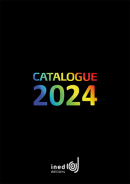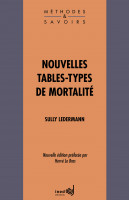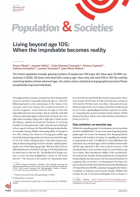
Recours aux traitements de l’infertilité en France
Une étude géographique des déterminants contextuels
Collection : Documents de travail
n° 260, 2020, 55 pages
About 10 % of women in reproductive age is infertile worldwide. In Europe, only 50 % of these couple seek for infertility service in a time frame of five years. This study focuses on contextual causes of infertility treatments use in 2016 in metropolitan France. Based on data from the national health data system this ecologic study investigates spatial phenomenon and local disparities in infertility treatment use. Analyzed factors are socioeconomic advantage index (FDep13), access in general practitioner and gynecologist (APL), urbanization rate, distance to the nearest assisted reproductive technology (ART) center and access to basic health care. In this study, the scale of the aggregation unit is the “territoire de vie” (TV). To explore spatial heterogeneity, we built a geographically weighted regression (GWR). This study shows the existence of spatial autocorrelation and the need of spatial models. It underlines the impact of gynecologist access in use of infertility treatments and the ambiguous impact of socioeconomic advantage.









